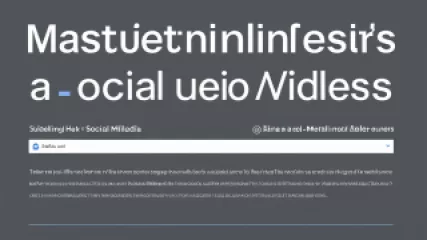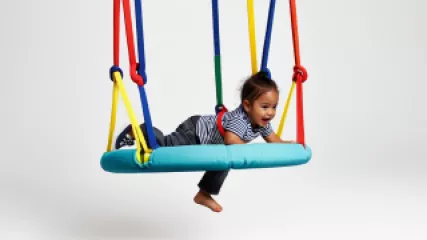Comprehensive Remote Mental Health Evaluation: A Research Summary
1 year ago
Mental Health Check
Mastering Mindfulness: A Step-by-Step Guide for Social Media Users
1 year ago
Social Media Impact
My Journey to Embrace Mental Wellness Workshops Online
1 year ago
Mental Wellness
How Movies Can Teach Us to Overcome Peer Pressure
1 year ago
Peer Pressure
The Ultimate Guide to Positive Reinforcement for Mental Health Coaching
1 year ago
Positive Reinforcement
The Ultimate Guide to Mindfulness at Work
1 year ago
Mindfulness at Work
How to Boost Self-Confidence and Overcome Peer Pressure
1 year ago
Peer Pressure
10 Powerful Positive Reinforcement Techniques for Behavior Change
1 year ago
Positive Reinforcement
My Journey in Building Resilience for My Child
1 year ago
Child Resilience Building
Building Resilience in Children: Key Findings from Recent Research
1 year ago
Child Resilience Building
The Ultimate Guide to Cultivating Empathy
1 year ago
Cultivating Empathy
The Remarkable Benefits of a Social Media Detox: A Research-Backed Perspective
1 year ago
Social Media Detox Benefits
Mastering Sensory Processing: A Step-by-Step Guide to Improving Sensory Skills
1 year ago
Sensory Processing
My Journey to Manage Somatic Symptoms
1 year ago
Managing Somatic Symptoms
5 Ways to Effectively Motivate Others and Spread Cheer
1 year ago
Motivating Others















